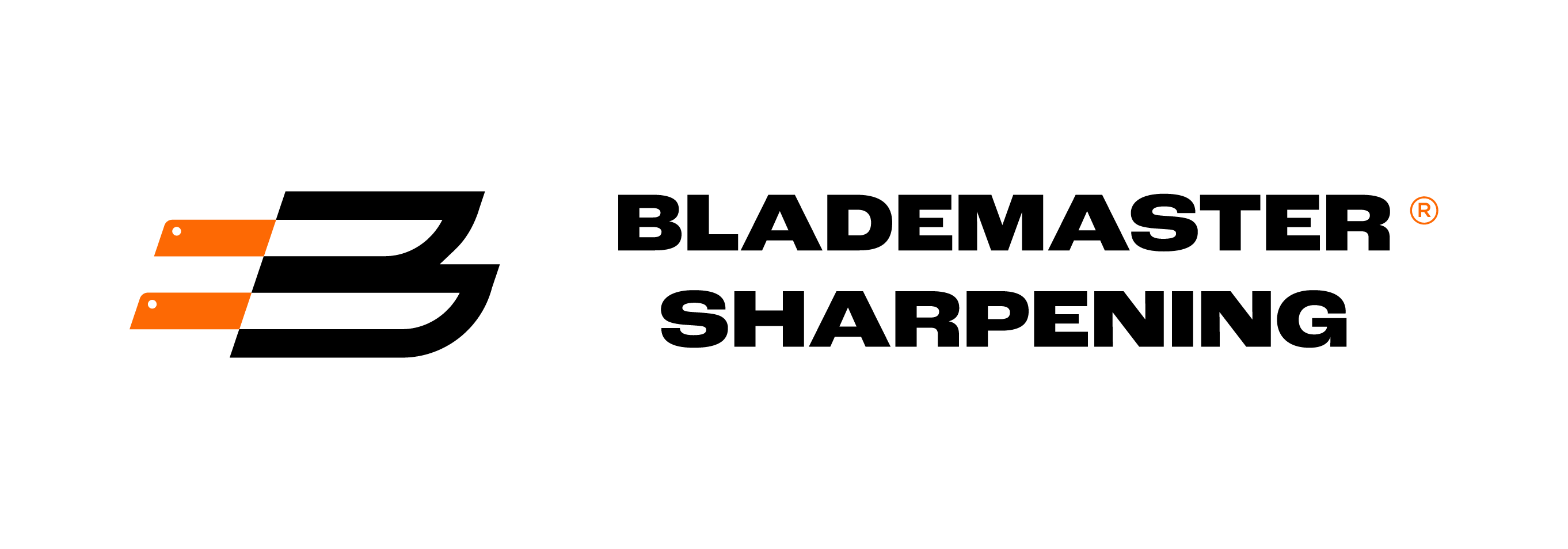To ensure the longevity, performance, and safety of your knives, there are several things you should avoid doing:
- Dishwasher Use: Never put your knives in the dishwasher. The high water pressure, harsh detergents, and constant banging against other utensils can cause damage to the blades and handles.
- Cutting on Hard Surfaces: Avoid cutting on hard surfaces like glass, granite, ceramic, or metal. These surfaces can dull the blade and cause chips or nicks.
- Using the Blade as a Pry Bar: Don’t use the blade to open cans, jars, or other containers. Knives are designed for cutting, not prying, and using them as a makeshift tool can lead to damage or breakage.
- Chopping Bones or Frozen Foods: Refrain from using your knives to chop through bones or cut frozen foods. Use specialized tools for these tasks to prevent damage to the blade.
- Tossing Knives in a Drawer: Avoid tossing your knives into a drawer with other utensils. This can lead to nicks, scratches, and damage to the blade edge. Use a knife block, magnetic strip, or blade guard for proper storage.
- Leaving Knives in Water: Do not leave your knives submerged in water for extended periods. Moisture can lead to corrosion, especially for knives with high-carbon steel blades.
- Using Glass or Ceramic Cutting Boards: Opt for softer cutting boards made of wood or soft plastic. Using glass or ceramic boards can accelerate the dulling of knife edges.
- Storing Dirty Knives: Avoid storing dirty knives without cleaning them first. Food residue and acids from certain foods can lead to corrosion and damage over time.
- Sharpening Without Proper Technique: If you’re sharpening your knives at home, make sure to use the correct technique. Improper sharpening can damage the blade and reduce its lifespan.
- Ignoring Regular Maintenance: Neglecting regular maintenance, including cleaning, honing, and professional sharpening, can lead to a decline in knife performance and increase the risk of accidents.
- Using the Wrong Knife for the Task: Each knife is designed for specific tasks. Using the wrong knife for a particular job can result in damage to the knife and may be less effective for the task at hand.
By avoiding these practices, you can help preserve the quality and functionality of your knives, ensuring they remain sharp, safe, and efficient for a longer time.

